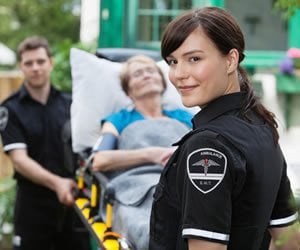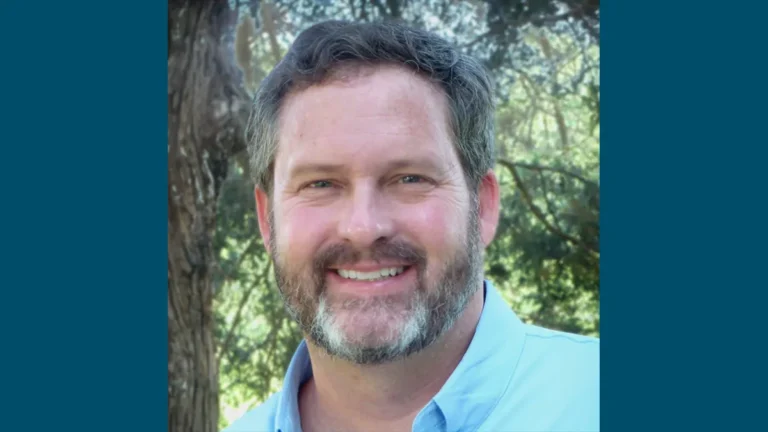
A Day in the Life: A Look at the Medical School Clerkship Year – Part II
A look at a day in the life of a third year student and what the clinical rotations experience entails.
Written by: Alex Cole
Published on: August 20, 2014

A look at a day in the life of a third year student and what the clinical rotations experience entails.
Written by: Alex Cole
Published on: August 20, 2014

A look at a day in the life of a third year student and what the clinical rotations experience entails.
Written by: Alex Cole
Published on: August 18, 2014

There are a number of factors to consider when deciding whether to take the MCAT for a second time.
Written by: Anubodh “Sunny” Varshney
Published on: August 13, 2014

Early assurance programs (EAPs) allow dedicated students to apply to to medical school early, sometimes without taking the MCAT.
Written by: Deborah Gutman, MD, MPH
Published on: August 4, 2014

Don't be surprised if your medical school experience changes the idea of the future you had envisioned for yourself.
Written by: Farah Kahn
Published on: July 30, 2014

There are a number of ways you can gain clinical experience for your medical school application while earning money at the same time.
Written by: Deborah Gutman, MD, MPH
Published on: July 14, 2014

A look at the pros and cons of taking a gap year before medical school.
Written by: Anubodh “Sunny” Varshney
Published on: July 9, 2014

The AAMC offers tips to make a smooth transition to medical school.
Written by: AAMC Staff
Published on: July 2, 2014

Residents, don't forget where you came from when you're not a student anymore.
Written by: Lindsay Heuser
Published on: June 25, 2014

Taking personal leave from medical school can help you recover from tough situations and succeed in your future career.
Written by: MedSchoolQueen
Published on: June 20, 2014

Keep these tips in mind when visiting residency programs and creating your Match list.
Written by: Michael McDowell
Published on: June 16, 2014

Taking steps to prepare for your interviews will reduce stress and strengthen your performance.
Written by: Megan Riddle
Published on: June 13, 2014

There are many factors to consider when choosing the school you will attend for your medical education.
Written by: Anubodh “Sunny” Varshney
Published on: June 11, 2014

Rebecca Lubelczuk shares her thoughts on the field of correctional medicine and offers some advice for students.
Written by: Juliet Farmer
Published on: June 9, 2014

Writing a personal statement is challenging, but these tips can get you headed in the right direction.
Written by: Megan Riddle
Published on: June 2, 2014

Many students avoid social media because of its risks without considering the benefits it can provide when used well.
Written by: Sam Scott
Published on: May 30, 2014

There are some experiences you can't prepare for by reading a textbook.
Written by: Ha Nguyen
Published on: May 28, 2014

Working to manage stressors can prevent medical school stress from taking a long-term toll on your well-being.
Written by: Megan Riddle
Published on: May 27, 2014

Dr. John Hunt discusses his varied career as a pediatric asthma specialist, military physician, academic, novelist, and entrepreneur, and offers some advice for students.
Written by: Student Doctor Network
Published on: May 23, 2014